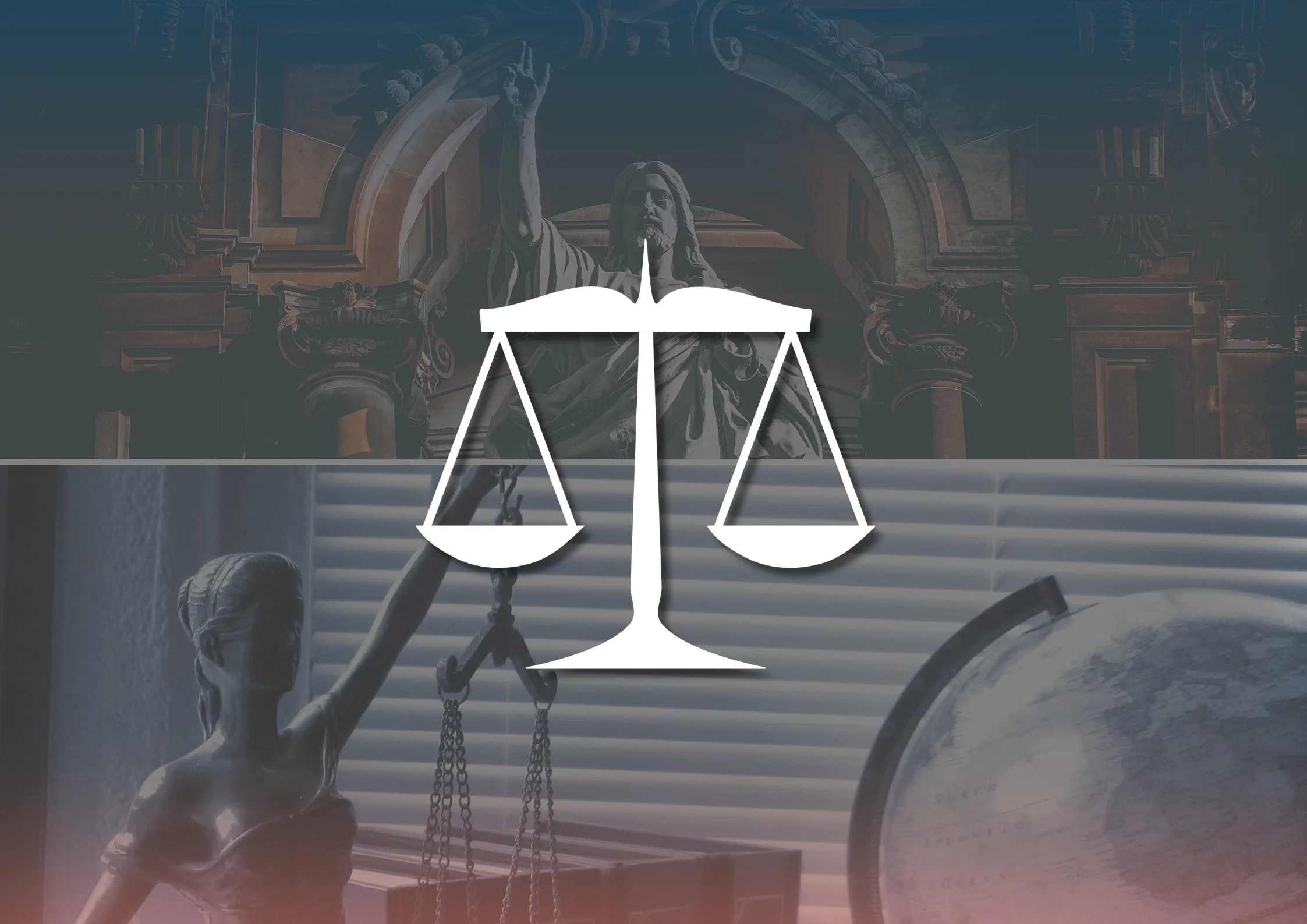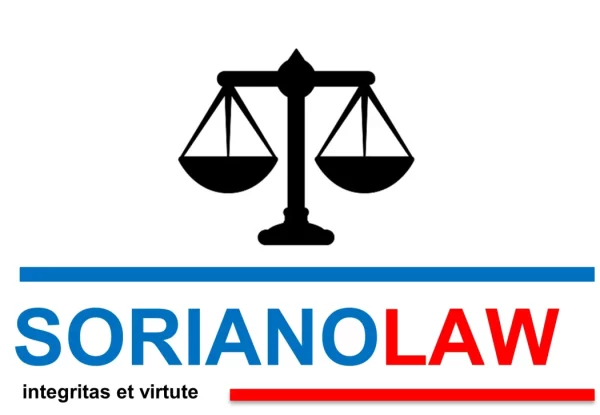
In the observance of Holy Week, we reflect not only on moments of redemption and forgiveness but also on the importance of telling the truth to fight injustice.
When there’s legal duty to tell the truth, lying, presenting false evidence, and suing without basis, are illegal and punishable under the Revised Penal Code.
Perjury, false witnessing, and malicious prosecution, while ancient in origin, persist as blights in the quest for truth and fairness. These concepts have been existing since time immemorial and even date back to the time of Jesus Christ.
Jesus Christ, has been betrayed by Judas to the religious authorities for thirty pieces of silver. This act involved deceit, and betrayal, and ultimately led to Jesus' crucifixion.
One could argue that Judas committed perjury by falsely accusing Jesus and providing false testimony to the authorities, which ultimately contributed to Jesus' conviction and death. Additionally, Judas' actions can be seen as a form of falsification of loyalty and trust, as he portrayed himself as a follower of Jesus while secretly plotting his betrayal.
As we journey through this sacred period, it is important to consider the relevance of these injustices in our present time, particularly in the context of the Philippines. In a nation where the rule of law is paramount, the scourge of perjury and false witnessing undermines the very foundation of justice. When the truth is twisted and manipulated for personal gain or political ends, the innocent suffers, and the guilty evades accountability. Moreover, malicious prosecution not only tarnishes the reputations of the unjustly accused but also erodes public trust in the legal system.
In our country, the legal system exacts great weight on the observance of honesty and respect in judicial procedures. Thus, our laws provide punishments for the acts of perjury, false witnessing, and malicious prosecution. In essence, the three concepts differ as follows:
Perjury pertains to the act of any person, who knowingly makes untruthful statements […] shall testify under oath, or make an affidavit, upon any material matter before a competent person authorized to administer an oath in cases in which the law so requires.
(Article 183, Revised Penal Code)
False witnessing or Offering false testimony in evidence as we refer to it in our penal laws, is the act of any person who shall knowingly offer in evidence a false witness or testimony in any judicial or official proceeding.
(Article 184, Revised Penal Code)
Malicious Prosecution pertains to an action for damages brought by one against whom a criminal prosecution, civil suit, or other legal proceeding has been instituted maliciously and without probable cause, after the termination of such prosecution, suit, or other proceeding in favor of the defendant therein.
(Magbanua v. Junsay, G.R. NO. 132659, February 12, 2007)
By imposing strict penalties for those who distort truth through false testimony or forged documents, these laws reinforce the integrity of the legal system. In the Philippines, the judicious application of such legislation is essential in restoring public trust in the pursuit of justice.
As the Lenten season comes to a close, let us not only seek spiritual renewal but also heighten our commitment to combating these injustices. Let this season serve as a reminder of everyone’s duty to do no falsehood.
